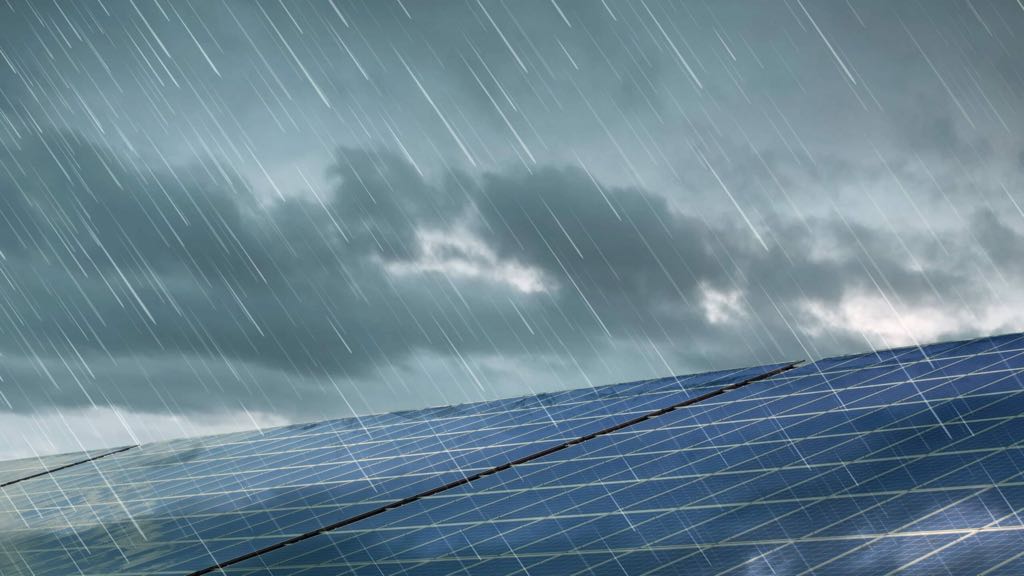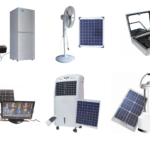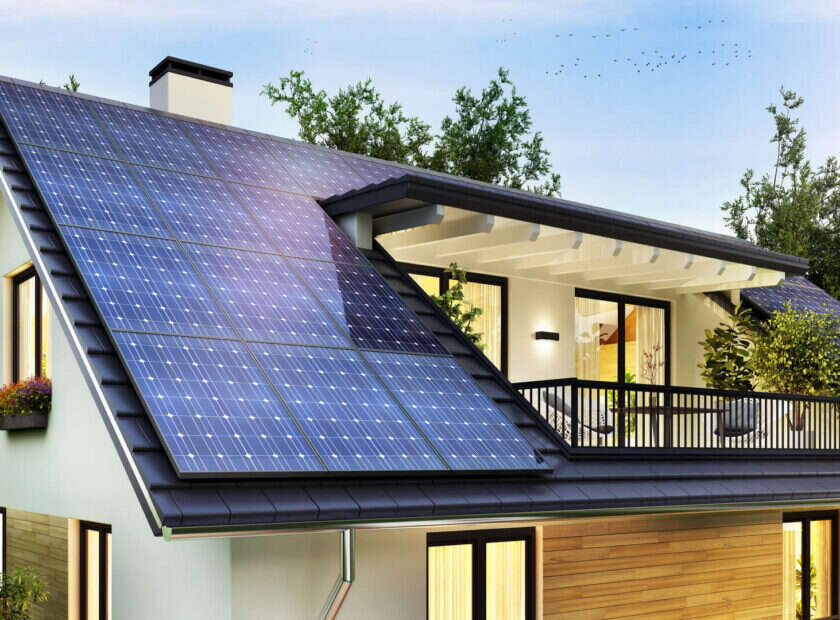
As a homeowner who relies on solar power, it’s important to have a backup plan for when the sun isn’t shining. During rainy or cloudy weather, your solar system may not produce as much energy as you need to power your home. However, with a few simple strategies, you can maximize your solar system’s output and keep your home powered even when the weather is less than ideal. In this blog post, we’ll explore some tips and tricks for using your solar system during rainy or less sunny days. From keeping your panels clean to investing in a solar tracker, these strategies will help you get the most out of your solar investment, rain or shine. So, let’s dive in and learn how to use your solar system on rainy days.
- Keep Your Panels Clean
Keeping your solar panels clean is always important, but it’s especially crucial during rainy days. Dirt, debris, and water buildup can significantly reduce your system’s efficiency, so make sure to clean your panels regularly with a soft-bristled brush or gentle cleaning solution.
- Position Your Panels for Maximum Exposure
During periods of inclement weather, it’s essential to position your solar panels to capture as much sunlight as possible. If your panels are mounted on a fixed roof, this may not be an option, but if you have ground-mounted panels or those that can be adjusted, you can tilt them to a steeper angle to capture more light.
- Use Battery Backup
If your solar system is equipped with a battery backup, make sure it’s fully charged and ready to use during less sunny days. By using stored energy during peak usage times, you can reduce your reliance on the grid and keep your home powered even when the sun isn’t shining.
- Invest in a Solar Tracker
A solar tracker is a device that follows the sun’s movement throughout the day, ensuring that your panels are always pointed directly at the sun. While they can be a bit pricey, they can significantly improve your system’s energy output, particularly during less sunny days.
- Consider Supplemental Power Sources
Finally, if you’re consistently experiencing low energy output during rainy days, it may be worth considering supplemental power sources like wind turbines or a backup generator. While these options may not be as environmentally friendly as solar power, they can provide much-needed energy during periods of inclement weather.
In conclusion, while rainy or less sunny days can reduce your solar system’s energy output, there are several strategies you can use to maximize its efficiency. By keeping your panels clean, positioning them for maximum exposure, using battery backup, investing in a solar tracker, and considering supplemental power sources, you can keep your home powered and reduce your reliance on the grid. Maximizing your solar system’s output during rainy or less sunny days is essential to keep your home powered and reduce your reliance on the grid. By following the tips and strategies we’ve outlined in this blog post, you can get the most out of your solar investment, rain or shine. And when it comes to solar installation and maintenance in Nigeria, there’s no better choice than Solfa Power Ltd. Our team of experts is dedicated to providing top-quality solar solutions and services to homes and businesses across Nigeria. Contact us today to learn more about how we can help you get the most out of your solar system.





